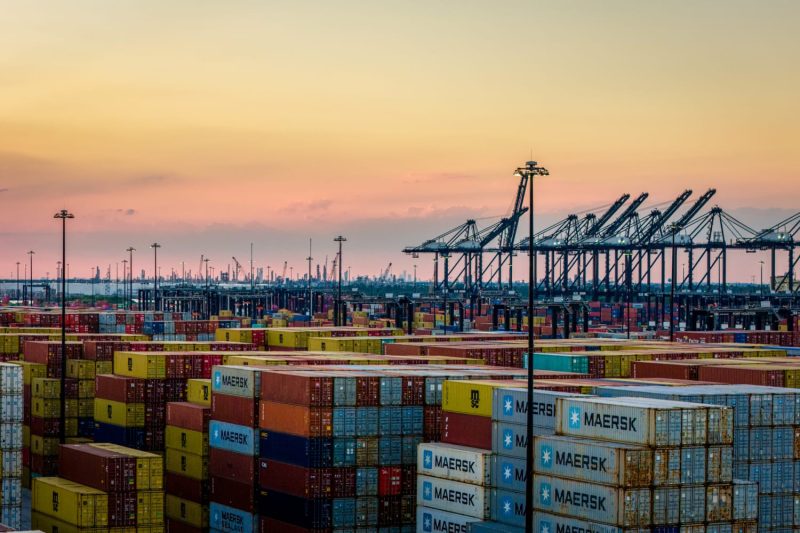The recent news of a major maritime strike that could potentially disrupt ports along the East Coast has sent shockwaves across the shipping industry. The threat of such a strike has raised concerns about the impacts it could have on the economy, supply chains, and the livelihoods of workers involved in the maritime sector. Let’s delve deeper into the implications of this potential strike and how it could affect various stakeholders.
First and foremost, a maritime strike of such magnitude has the potential to significantly disrupt port operations along the East Coast. Ports play a crucial role in facilitating trade and commerce, and any interruptions in their functioning can lead to delays in shipments, increased costs, and logistical challenges for businesses relying on timely and efficient transport of goods. The ripple effects of such disruptions could be felt far and wide, impacting industries ranging from retail and manufacturing to agriculture and energy.
Furthermore, the threat of a maritime strike raises concerns about the stability of supply chains that rely on the efficient movement of goods through ports. As global trade continues to expand, any disruptions in the flow of goods can create bottlenecks and delays that reverberate throughout the entire supply chain. Businesses may struggle to meet customer demands, leading to potential shortages, price increases, and overall economic instability.
In addition to economic concerns, a maritime strike could have serious repercussions for the thousands of workers employed in the maritime industry. Strikes often result in loss of income, job insecurity, and strained labor relations, all of which can have long-lasting effects on the well-being of workers and their families. The potential for labor disputes to escalate further poses a risk to the overall stability of the maritime sector and could lead to prolonged disruptions in port operations.
Amidst these challenges, it is crucial for all stakeholders, including port authorities, shipping companies, labor unions, and government agencies, to engage in proactive dialogue and negotiations to avert a potential strike. Collaborative efforts to address underlying issues such as labor rights, working conditions, and fair wages can help prevent future disputes and maintain the smooth functioning of ports along the East Coast.
In conclusion, the threat of a major maritime strike along the East Coast highlights the complex interplay of economic, logistical, and social factors that define the global shipping industry. The potential disruptions that such a strike could cause underscore the critical need for effective communication, cooperation, and conflict resolution mechanisms among stakeholders to ensure the continued stability and efficiency of port operations. As the situation unfolds, it is imperative for all parties involved to work together towards finding mutually beneficial solutions that uphold the interests of workers, businesses, and the broader economy.

